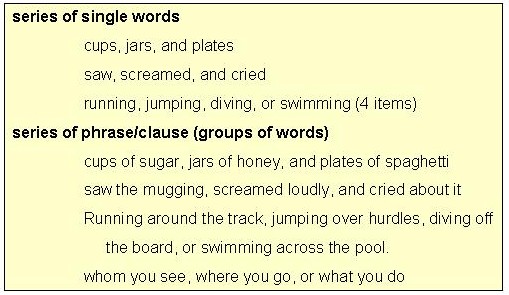How To Use Less Commas

Using fewer in english.
How to use less commas. Many of us maybe eat less sugar. It is complatible with collective nouns non countable nouns and volumes. Instead of presenting many ideas in one sentence use shorter sentences with not more than 2 3 key pieces of information in each. Using less in english. In the uk us and china commas are used in numbers larger than 999 to make them easier to read the number.
Use a comma to separate two adjectives when the order of the adjectives is interchangeable. We stayed at an expensive summer resort. Use commas to separate two or more coordinate adjectives that describe the same noun. Only use a comma to separate a dependent clause at the end of a sentence for added emphasis usually when negation occurs. More specifically a comma is used every three decimal places in numbers of four or more digits counting right to left.
I sleep less than my father. I have less homework to do today than i had yesterday. Here are two suggestions to help you use fewer commas. Less is used when talking about things that are uncountable or have no plural. A semicolon creates more separation between thoughts than a comma does but less than a period does.
I earn less money than a policeman. Let s look at an example as that is the easiest way to understand this use of the semicolon. Use a comma near the end of a sentence to separate contrasted coordinate elements or to indicate a distinct pause or shift. Here are the two most common uses of the semicolon. As a rule of thumb if the phrase is longer than about four words use the comma.
Use commas to offset appositives from the rest of the sentence. When an adverbial phrase begins a sentence it s often followed by a comma but it doesn t have to be especially if it s short. You can also use a comma with a shorter phrase when you want to emphasize it or add a pause for literary effect. Be sure never to add an extra comma between the final adjective and the noun itself or to use commas with non coordinate adjectives. Thus from the war of nature from famine and d.


















